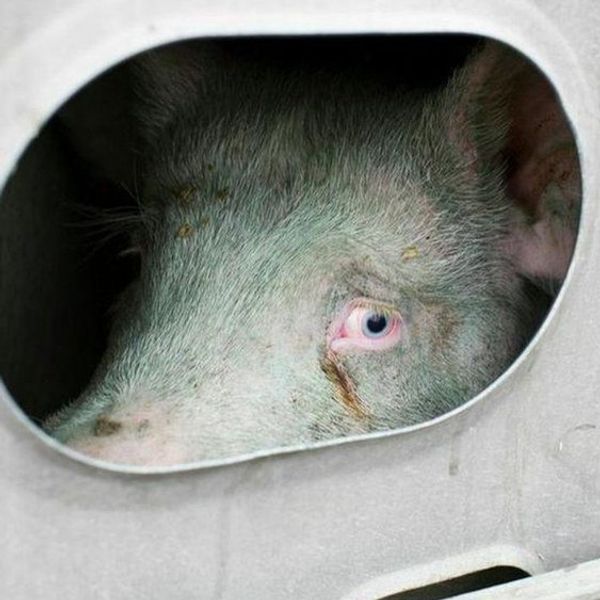In the 19th century, Americans packed up their things and settled West. They expanded and conquered, claiming manifest destiny. Manifest destiny became one in a long list of actions in which man conquered a land, animal, or even people. The very idea of imperialism exhibits the notion of one man over another. Both imperialism and manifest destiny, with their desire of one man to conquer another, exhibit the human nature to conquer, and be better than, his counterpart. All of mankind has the innate desire to compete, to win, and, subsequently, be considered the best. Man often forgets his connection to the animal world from which this desire stems. Man, after all, finds ancestral roots in animal kind, making himself an animal in his own right. Just as lions, gorillas, or other territorial animals fight for control of the herd, man fights to control his fellow man. The lion or gorilla which wins the fight succeeds in besting his fellow beast and gains control. Man does the same. Perhaps what differentiates man further from his animal ancestor is the fact that man understands this predatory instinct and can control it. As evident by manifest destiny, zoos or even children’s literature, however, prove that man still must give in to his conquering instinct.
Man’s instinctive desire to conquer has led to the creation of zoos. Mankind has conquered his animal ancestor in an attempt to prove his superiority. Man then traps these animals in zoos. Though not all animals live in zoos, man has continued to figuratively trap nature for his enjoyment. As Kenneth Kidd states, nature has become a theatrical production not only on the stage of Disney’s Animal Kingdom, but in the wild as well. From African safaris to film documentaries, the public image of the wild is shaped by what man decides to say or show. Although man is not physically controlling the animals as he does with zoos, the animals are still controlled through mental framing. For example, a documentary shows the image of two lions fighting in the wild. The audience’s perception of this fight, and the perception of the animal which is soon to follow, is largely based on what the narrator says. This means man controls the animal by representing or, as Kidd says, theming him accordingly. Man’s ability to control other animals does not mean he is better than animal. It simply means man has given into his animalistic desire to conquer. In other words, man’s attempt to better himself from his animal ancestry only makes him more like an animal as he is giving into his natural desire.
Much as zoos emphasize man’s physical conquering over ancestral beast and the subsequent theming of the wild represents the mental conquest of animals, children’s literature has become a further conquest of animal. Similar to the way documentaries have shaped audience perception of the animal and, subsequently, trapped the animal in this imaginary cave, children’s literature does the same. Children’s literature is man’s conquest over the animal. The adult writer’s physical alteration of the image of the animal and the child’s mental perception trapping the animal as he/she reads. The satisfaction of this instinctive desire is thus two fold; first, the writer conquers the animal with the pen followed by the child’s mind conquering the animal and growing up believing man is better than his animal kin. The child believes this until he/she becomes the writer who influences the next generation to mentally conquer the written beast and the cycle continues. As the child grows this perception and theming of the animal will change. The bear, for example, will change from the porridge eating housemate of Goldilocks to a fierce woodland creature that can kill a human with ease. However, the concept remains the same: man continues to conquer the animal through trapped perception.
Mankind has only recently begun to discuss the consequences of its actions; actions which have been happening for centuries. From global warming to the senseless hunting and killing of innocent animals, man is beginning take note of his connection with the wild. By doing so, he turns away from the instinctive need to conquer and best his fellow brethren and animal. Man has become more and more like an animal by giving into the conquering instinct since the start of time. Once obviously seen in manifest destiny or imperialism, this conquering of animals is now, essentially, hidden in plain sight with zoos, documentaries and even children’s literature. Man’s ability to mentally trap the animal through penmanship and by editing the perception of the animal is another way of conquering beast apart from the physical which is seen and experienced at zoos. By conquering the animal in this way, man has set up generations of cyclical belief that human is better than animal. This has been the cause of centuries of problems which only can be solved if man turn away from this beast-like instinct.





















